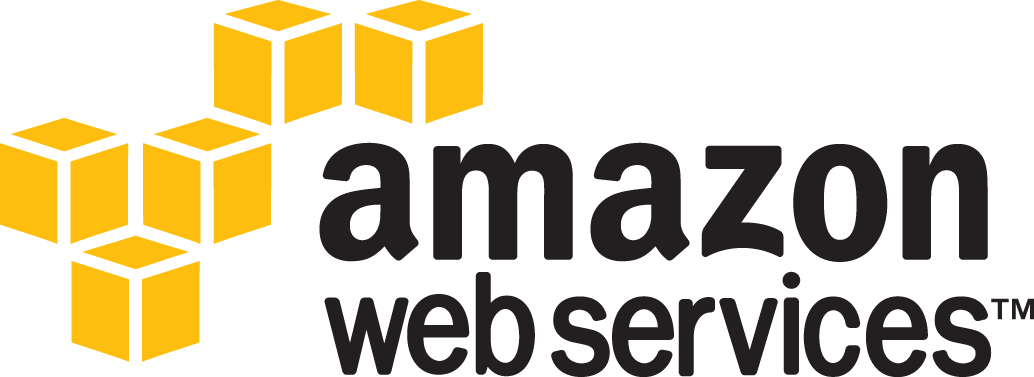
Monday's Musings: Lessons Learned From Amazon's Cloud Outage

Amazon's Cloud Outage Catches Most Clients Offguard
The recent Amazon cloud outage at its Northern Virgina data center from 5 am Thursday, April 21, 2011 to roughly 5 am Friday, April 22 has shaken the confidence of some executives on public cloud computing. Most notably, FourSquare, HootSuite, Reddit, and Quora publicly suffered visible performance issues. The industry's reassurances in the past on up time performance and massive redundancy capabilities combined with the massive corporate adoption had everyone believing that public clouds were bullet proof. As calmer heads prevail, most CIOs, business leaders, and analysts realize that:
- Cloud outages are rare but can happen. While most organizations can not deliver 99.5% up time let alone 90% performance, disruptions can and will happen. The massive impact to so many organizations last week highlights potential vulnerabilities of betting 100% of capacity in the cloud. More importantly, it showed that broad adoption does not equate with bullet-proof reliability. Most organizations lacked a contingency plan.
- Cost benefit ratios still favor cloud deployments. For most organizations, the cost of deploying in the cloud remains a factor of 10 cheaper than moving back to the traditional data center or even a private cloud. Capital costs for equipment, labor for managing the data center, excess software capacity, and the deployment time required to stand up a server create significant cost advantages for cloud deployments.
- Current service level agreements lack teeth and should be improved. Most organizations lack teeth in the cloud/saas contracts to address service level agreement failure. Despite all backups and contingency plans, clients should consider scenarios where core business systems go down. What remedies are appropriate? What contingencies for system back up are in place. Who is responsible for disaster recovery? Will the vendor provide liability and for what?
The Bottom Line: Proactively Account For Breaches In Service Level Agreements In SaaS/Cloud Contracts
Organizations should protect themselves from future breaches through a combination of contract provisions and contingency plans. Here are some suggestions recommended to clients:
- Apply provision from the SaaS/Cloud bill of rights. Though written in late 2009, this document remains a best practices guide to SaaS contracting. Key provisions to apply include: Quality guarantees and remuneration, stipulate data management requirements, on-going performance metrics
- Include service level agreements with teeth. Credits for free licenses for down time sound good on paper. In reality, down time when critical systems fail could result in massive financial losses. Contracts should apply risk on the potential business loss. Some clients include a provision that identifies compensation for a percentage of average daily business revenue during the time period of down time.
- Reevaluate your Amazon deployment strategy. Believe it or not, Amazon technically did not violate its service agreements. To deploy a true backup strategy, organizations should add copies of their server instance in multiple regions and data centers as an added layer of protection. This ensures that a proper fail over occurs even if multiple regions experience outages.
- Implement a real disaster recovery strategy. The Amazon outage exposed that many start ups failed to have a disaster recovery strategy. A number of solution providers now provide cloud disaster recovery. More importantly, these providers can recover physical or virtual machines in a cloud within minutes. Whether organizations can fire up a backup server in time remains the open question.
Your POV.
Have you planned for a cloud outage? How has your experience been to date with the major cloud/SaaS providers? Has the recent outages change your views on SaaS/Cloud? Add your comments to the blog or reach me via email: R (at) ConstellationRG (dot) com or R (at) SoftwareInsider (dot) com.
How can we assist?
Buyers, do you need help with your SaaS and Cloud apps strategy and vendor management strategy? Trying to figure out how to save money and innovate with Cloud computing and SaaS? Ready to put the expertise of over 1100 software contract negotiations to work? Give us a call!
Please let us know if you need help with your next gen apps strategy efforts. Here’s how we can help:
- Providing contract negotiations and software licensing support
- Evaluating SaaS/Cloud options
- Assessing apps strategies (e.g. single instance, two-tier ERP, upgrade, custom dev, packaged deployments”
- Designing innovation into end to end processes and systems
- Comparing SaaS/Cloud integration strategies
- Assisting with legacy ERP migration
- Engaging in an SCRM strategy
- Planning upgrades and migration
- Performing vendor selection
Related Resources And Links
20091012 Research Report: Customer Bill of Rights – Software-as-a Service
20090714 Research Summary: An Enterprise Software Licensee’s Bill of Rights, V2
20091222 Tuesday’s Tip: 10 Cloud And SaaS Apps Strategies For 2010
20101214 Tuesday’s Tip: Dealing With Vendor Offers To Cancel Shelfware And Replace With New Licenses
20091208 Tuesday’s Tip: 2010 Apps Strategies Should Start With Business Value
20091006 Tuesday’s Tip: Why Free Software Ain’t Really Free
20080215 Software Licensing and Pricing: Stop the Anti-Competitive Maintenance Fee Madness
20090405 Monday’s Musings: Total Account Value, True Cost of Ownership, And Software Vendor Business Models
20090324 Tuesday’s Tips: Five Simple Steps To Reduce Your Software Maintenance Costs
20090223 Monday’s Musings: Five Programs Some Vendors Have Implemented To Help Clients In An Economic Recession
Reprints
Reprints can be purchased through Constellation Research, Inc. To request official reprints in PDF format, please contact sales (at) ConstellationRG (dot) com.
Disclosure
Although we work closely with many mega software vendors, we want you to trust us. For the full disclosure policy, stay tuned for the full client list on the Constellation Research website.
Copyright © 2011 R Wang and Insider Associates, LLC All rights reserved.
 R "Ray" Wang
R "Ray" Wang R "Ray" Wang
R "Ray" Wang